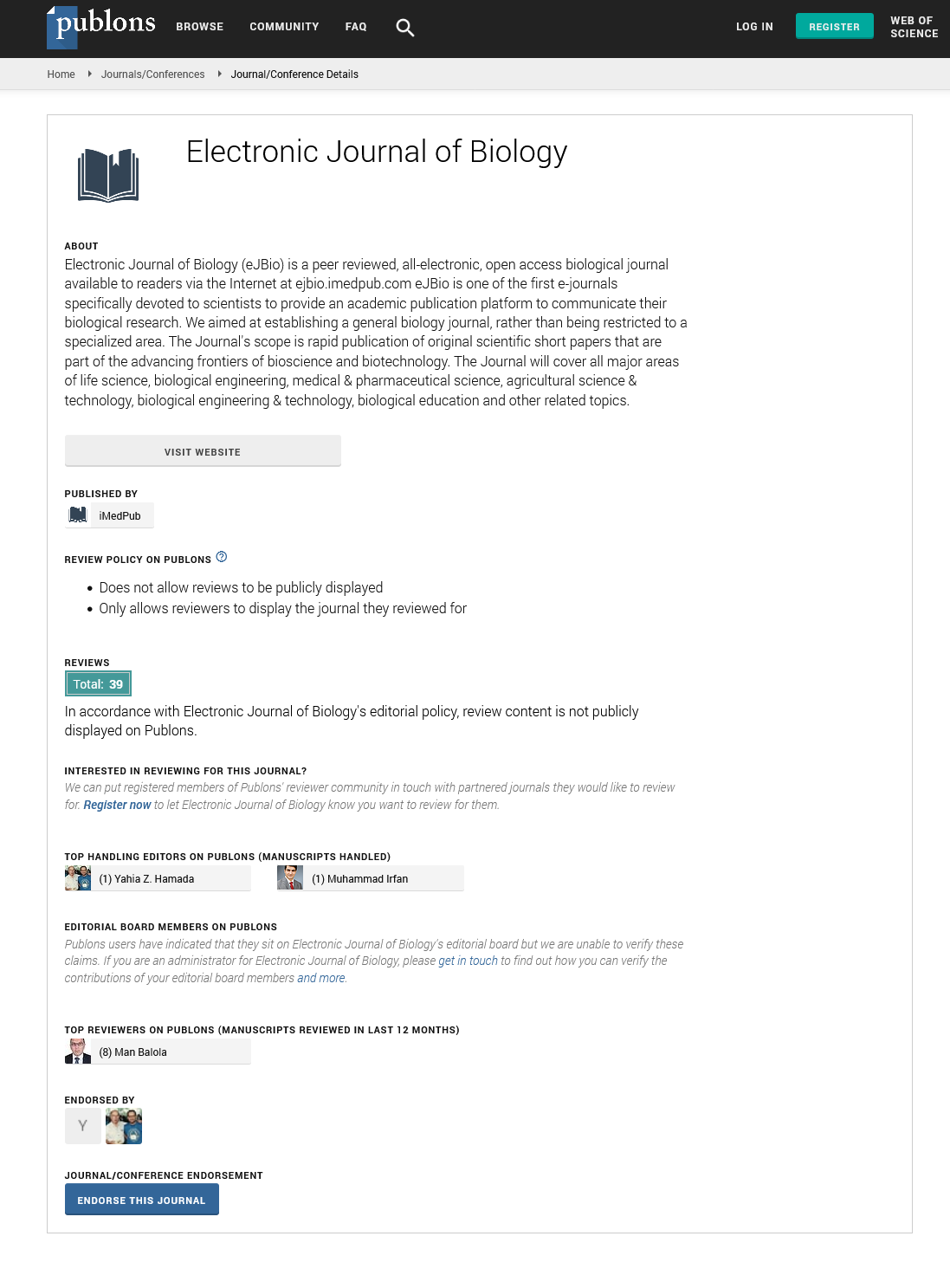Abstract
Effect of Tualang (Apis dorsata) Honey on Development of Morphine Tolerance in Rats
Background: Morphine tolerance leads to decrease in analgesic effect of the drug, causing a need to increase the dose and eventually increased dependency. Previous studies demonstrated the involvement of morphine tolerance with decrease in antioxidant activities and increased oxidative stress. Honey, a traditional natural remedy possesses analgesic, antioxidant and neuroprotective effect against oxidative stress, suggesting its potential in reducing morphine tolerance. This study aimed to assess the effect of different A. dorsata honey doses on development of morphine tolerance in Sprague- Dawley rats. Methods: To induce morphine tolerance, rats were subcutaneously injected with 10 mg/kg morphine 30 minutes after A. dorsata honey oral administration (0.5, 1.5 and 2.5 g/kg). Analgesic effects (MPE %) were then assessed via hot plate test and mean difference between groups were analysed using Repeated Measure ANOVA. Findings: Our results showed that dose 0.5, 1.5 and 2.5 g/kg significantly prevented the development of morphine tolerance compared to control group (p<0.05, p<0.001 and p<0.05, respectively). Conclusion: A. dorsata honey can prevent development of morphine tolerance. This property highlights the potential of this honey type in the treatment of opioid tolerance and dependence.
Author(s):
Nur Husna Zakaria, Nasir Mohamad, Nor Hidayah Abu Bakar, Rohayah Husain, Khairi Che Mat, Siti Norhajah Hashim, Syed Hadzrullathfi Syed Omar, Mohd Shahril Othman
Abstract | Full-Text | PDF
Share this

Google scholar citation report
Citations : 5001
Electronic Journal of Biology received 5001 citations as per google scholar report
Electronic Journal of Biology peer review process verified at publons
Abstracted/Indexed in
- Google Scholar
- China National Knowledge Infrastructure (CNKI)
- CiteFactor
- Electronic Journals Library
- Zoological Records
- WorldCat
- Proquest Summons
- Publons
- MIAR
- Openaccessarticles.com
- Secret Search Engine Labs
Open Access Journals
- Aquaculture & Veterinary Science
- Chemistry & Chemical Sciences
- Clinical Sciences
- Engineering
- General Science
- Genetics & Molecular Biology
- Health Care & Nursing
- Immunology & Microbiology
- Materials Science
- Mathematics & Physics
- Medical Sciences
- Neurology & Psychiatry
- Oncology & Cancer Science
- Pharmaceutical Sciences


